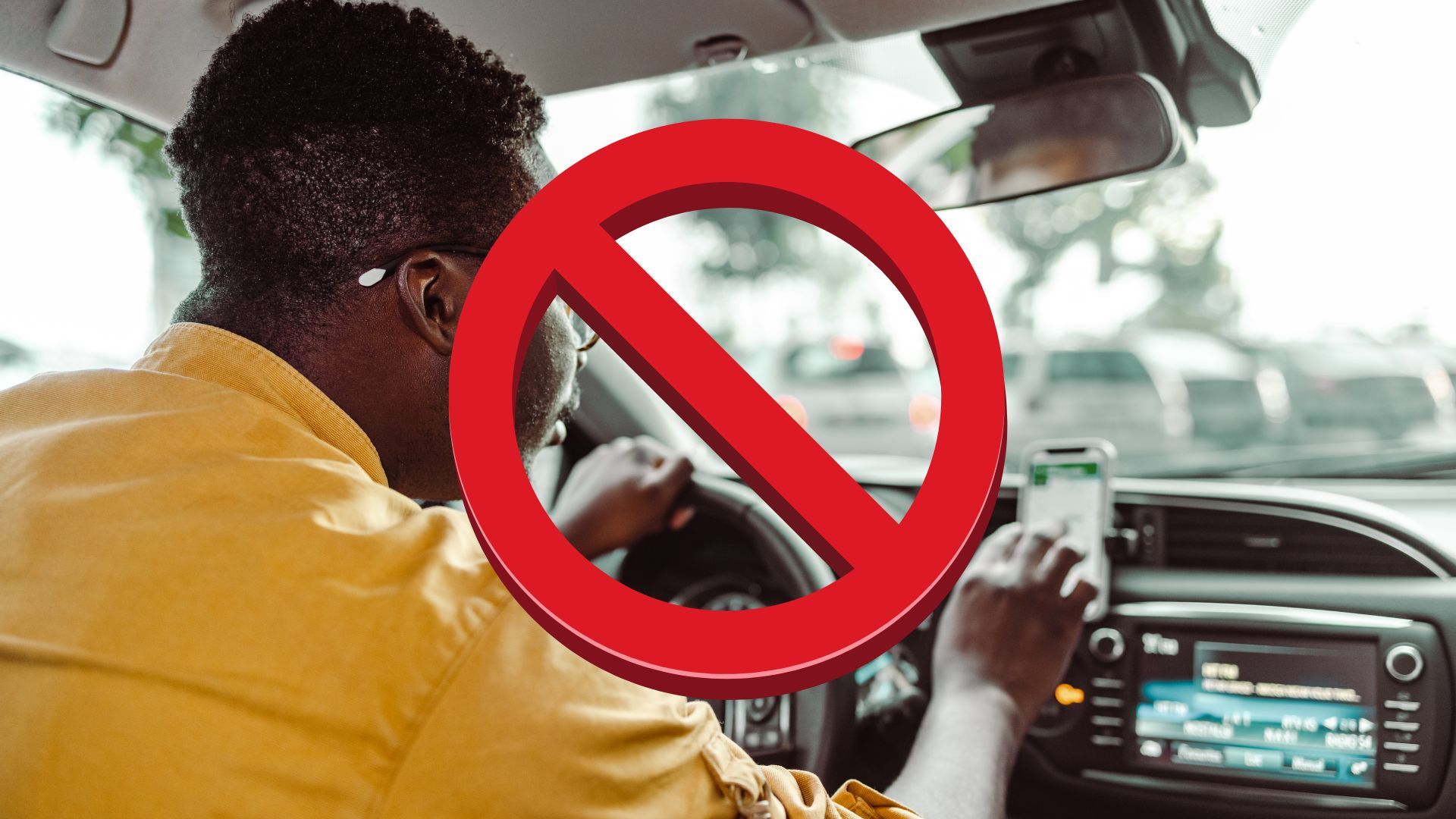Heightened Immigration Scrutiny: Risks of International Traveling for F-1/J-1 Students
As the holiday season approaches—a time traditionally marked by joy and family reunions—many international students on F-1 and J-1 visas face an unsettling reality: heightened immigration scrutiny under the specter of a possible second Trump administration. Universities across the U.S. are issuing unprecedented warnings, urging students to return to the country before January 20, 2025, the presidential inauguration date, to avoid potential complications at the border.
These advisories, issued by prestigious institutions like Cornell, MIT, USC, and the University of Pennsylvania, raise significant concerns about the broader implications for international education, immigration policy, and the sense of security for students who contribute to U.S. universities' academic and cultural fabric.
The Evolving Nature of Immigration Risk
Under normal circumstances, international students might expect a degree of leniency and consistency when entering the U.S. However, with memories of Trump's first-term immigration policies still fresh, universities are proactively sounding alarms. During his initial presidency, executive orders such as the “Muslim Ban” left thousands stranded abroad, setting a precedent for abrupt and disruptive immigration changes. The current warnings, therefore, represent more than precaution—they signal a return to an era where immigration policy is wielded as a blunt political tool.
Students are now being advised to return early, carry meticulous documentation, and even avoid extended stays abroad to minimize risk. For many, this means truncating family visits or altering long-standing holiday plans, with the specter of additional scrutiny looming over every decision.
The Human Cost of Policy Ambiguity
The consequences of these advisories extend beyond mere inconvenience. For international students, particularly those from China and other geopolitically sensitive countries, the psychological toll of living under constant scrutiny cannot be overstated.
Consider the experience of a student at Northwestern University, whose advisors recommended returning to the U.S. as early as January 6 to mitigate potential border issues. This level of caution reflects an unsettling normalization of fear among international students, who must now plan their lives around the possibility of arbitrary detentions or denials at the border.
The Fragility of Higher Education’s Global Ecosystem
This climate of uncertainty also poses risks for U.S. higher education institutions, which rely heavily on international students for their academic and financial contributions. As universities scramble to issue travel warnings, their reputations as safe havens for global talent are undermined.

Cornell Newsletter for students
.webp?width=1340&height=810&name=%E6%88%AA%E5%B1%8F2024-12-03%20%E4%B8%8A%E5%8D%8810.12.14%20(1).webp)
USC's newsletter indicated that the new presidency might affect international travel
The growing perception of the U.S. as an inhospitable destination could have long-term ramifications. International students contribute billions of dollars annually to the U.S. economy and fuel innovation, particularly in STEM fields. Policies that discourage their participation not only jeopardize the financial stability of universities but also risk eroding the nation’s competitive edge in research and technology.
Critical Questions for the Future
These developments prompt deeper questions about the trajectory of U.S. immigration policy:
-
Is January 20 just the beginning?
While this date has become a focal point, it merely marks a possible shift in administrative power. Students are left wondering whether the warnings are a stopgap measure or a prelude to broader, more restrictive policies. -
How should universities navigate this new landscape?
Institutions must balance their duty to protect students with the risk of creating undue alarm. Overcautious advisories could strain student trust, while under-preparation could expose them to real harm. -
What is the role of advocacy in shaping future policy?
Universities, advocacy groups, and international student communities must work collectively to counter policies that threaten the inclusivity and openness of U.S. higher education.
Toward a Resilient Future
In the face of these challenges, international students are left to chart a precarious path forward. Wildfire Education’s practical checklist for F-1 visa holders—ranging from regular documentation checks to maintaining close ties with university advisors—is a stark reminder of the extraordinary precautions now required to navigate the U.S. immigration system.
Yet such measures only address the symptoms of a larger problem: the erosion of trust in the U.S. as a welcoming destination for global talent. As policymakers debate the nation’s immigration priorities, they must consider the far-reaching consequences of policies that isolate the very individuals who drive America’s academic and economic dynamism.
In the end, the question is not just about travel advisories or border inspections but about the kind of country the U.S. aspires to be—one that builds barriers or one that opens doors.
We have officially launched the Forum! Once you register, you will get $10! Feel free to share your strategies and discuss your struggles with peers!
Interested in learning more? Contact us!
You May Also Like
These Related Stories

USCIS H-1B Visa Overhaul: New Rules for International Students and Professionals

Stopped at the Border? How to Handle U.S. Customs When Traveling on an F1 Visa with a Day 1 CPT Program

No Comments Yet
Let us know what you think